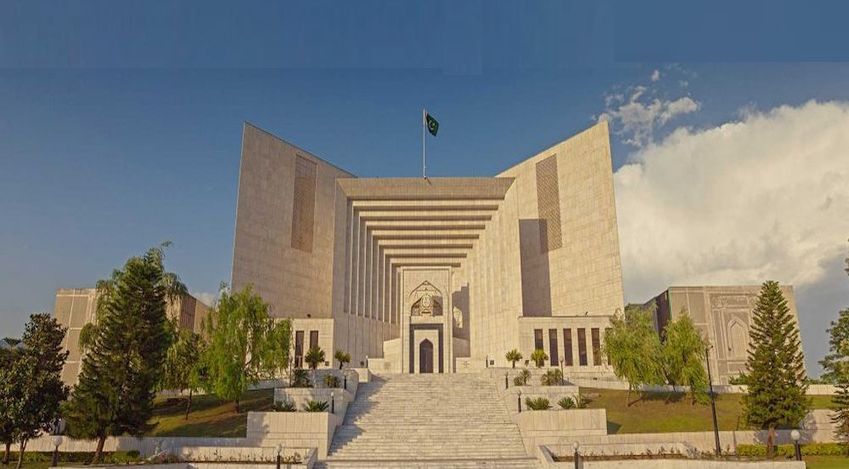Dismissal Order and Show-Cause Notice were not properly served to the accused during Incarceration --- Delays in filing Appeals caused by Genuine Hardships should be considered --- Supreme Court of Pakistan remanded the case for a Fair Hearing
Islamabad 06-12-2024: In a significant judgment, the Supreme Court of Pakistan has set aside the decision of the Punjab Service Tribunal in the case of Tassawar Hussain Vs. The Regional Police Officer, Multan and Another (Civil Petition No. 1181-L of 2016). The apex Court remanded the matter for a fair hearing, emphasizing key principles of procedural fairness, the right to appeal, and judicial discretion in service matters.
The Petitioner, a constable in the Punjab Police, was dismissed from service in January 2011 on allegations of unauthorized absence from duty. The dismissal order was passed ex-parte while the petitioner was incarcerated under charges of murder and attempted murder (Sections 302 and 324 of the Pakistan Penal Code). He was later acquitted in 2022.
Upon his release on bail in 2015, the petitioner obtained a copy of the dismissal order and filed a departmental appeal, which was rejected as time-barred. The Punjab Service Tribunal upheld this rejection, prompting the petitioner to approach the Supreme Court of Pakistan.
The Supreme Court of Pakistan examined two critical issues:
- Whether the dismissal order and show-cause notice were served upon the petitioner during his incarceration.
- Whether the delay in filing the departmental appeal could be condoned under the given circumstances.
Observations of the Court:
- The Court noted that the dismissal order and show-cause notice were not served upon the petitioner while he was in jail, violating principles of natural justice.
- The Court held that the delay in filing the departmental appeal was justifiable due to the petitioner’s incarceration and lack of service of dismissal orders. It emphasized that limitation issues often involve mixed questions of law and fact, requiring careful evaluation.
- The bench underscored the role of Service Tribunals as the first judicial fact-finding forums, stressing that procedural technicalities like limitation should not override the need for substantive justice.
The Supreme Court of Pakistan allowed the petition, converted it into an appeal, and remanded the matter to the Punjab Service Tribunal with directions to decide the case on merits after providing a fair opportunity of hearing to both parties.
This judgment reaffirms the judiciary’s commitment to ensuring procedural fairness and advancing justice in service matters. It also highlights the importance of leniency in addressing procedural delays when genuine hardships, such as incarceration, are involved.
Powered by Froala Editor








